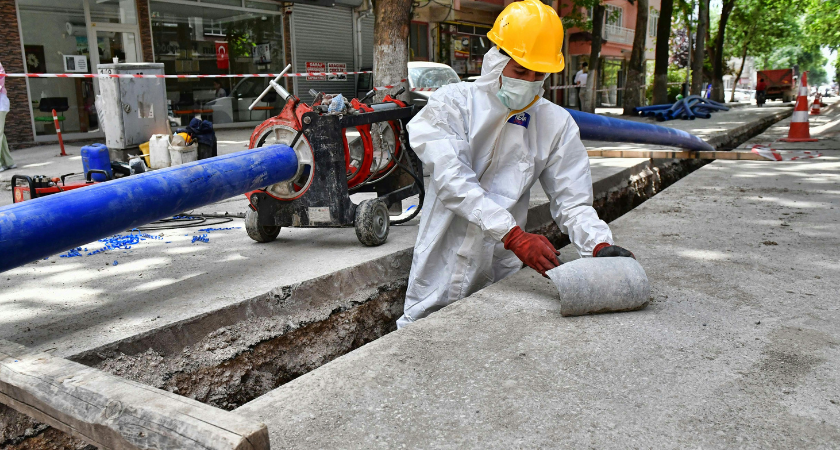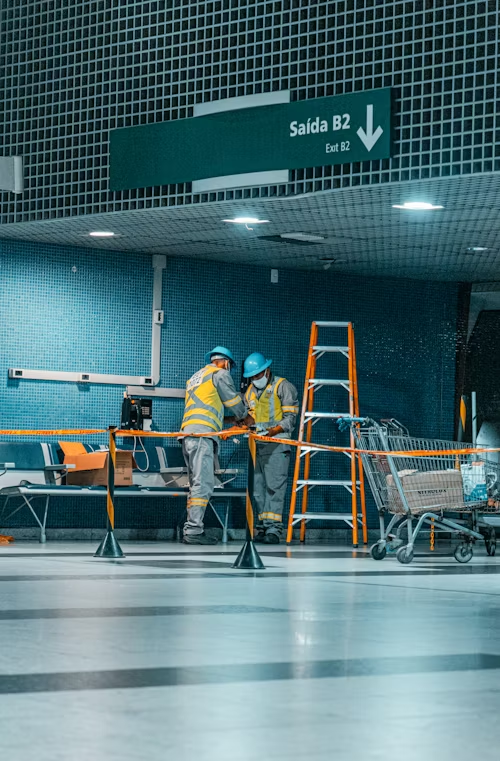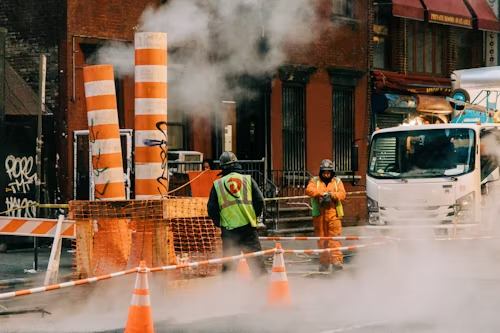
ALBANY, N.Y. — New York State has adopted sweeping reforms to its Certificate of Need (CON) process, aiming to modernize healthcare construction approvals and reduce red tape for providers. The updates, effective August 6, 2025, align with Governor Kathy Hochul’s 2024 State of the State directive to make regulations more responsive to current construction costs and healthcare delivery needs.

The revisions, enacted by the New York State Department of Health (NYSDOH) under Title 10, Part 710 of the state’s Codes, Rules and Regulations, were widely welcomed by major healthcare associations, including the Greater New York Hospital Association, Healthcare Association of New York State, and the Suburban Hospital Alliance.
A cornerstone of the reform is the increase in cost thresholds that trigger CON review. For general hospitals, the threshold doubled from $15 million to $30 million, while for other healthcare facilities it rose from $6 million to $8 million.
Projects requiring Full Review will now apply to hospitals exceeding $60 million or 10% of operating costs (up to $150 million). For other facilities, the Full Review threshold increased to $20 million or 10% of operating costs (capped at $30 million). Additionally, projects involving new or reclassified beds or adding lung transplant services will automatically trigger Full Review regardless of cost.
The reforms also broaden eligibility for Administrative Review, now covering:
Notably, emergency department expansions have been removed from Administrative Review, an intentional shift designed to “help the State’s crowded hospitals respond more quickly to increased demand for emergency services.”
For Limited Review, thresholds increased to $30 million for hospitals and $8 million for other facilities. Certain lower-risk projects, such as mobile van clinics and exam room renovations in existing certified spaces, are now either eligible for Limited Review or fully exempt, requiring only NYSDOH notification.

The regulations also raise the bar for architectural self-certification from $15 million to $30 million, expediting lower-risk projects by allowing providers to move forward without lengthy review.
Several services were streamlined or removed from CON oversight altogether, including Diagnostic Cardiac Catheterization, skilled nursing beds for AIDS patients, MRI acquisitions, adult day healthcare services, and CT scanners.
Another major change is the introduction of notice-only status. Non-clinical projects over $12 million (previously $6 million) now only require written notice to NYSDOH. Projects eligible for Limited Review and self-certified architecturally may also qualify for notice-only, provided they don’t affect beds or require operating certificate updates.
NYSDOH has stated it will conduct an initial review of the reforms in 2030, five years after their adoption, to evaluate their impact and make further adjustments if necessary.
By modernizing the process, New York hopes to balance effective regulatory oversight with the urgent need to expand and update healthcare facilities in an era of rising construction costs and shifting care demands.
Originally reported by Scott Simpson and Mukta Chilakamarri in Nixon Peabody.